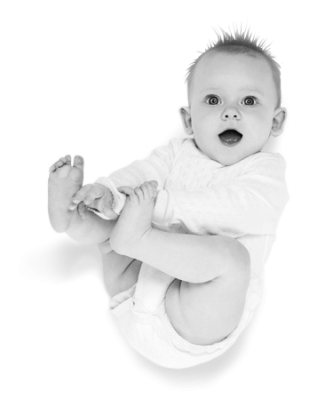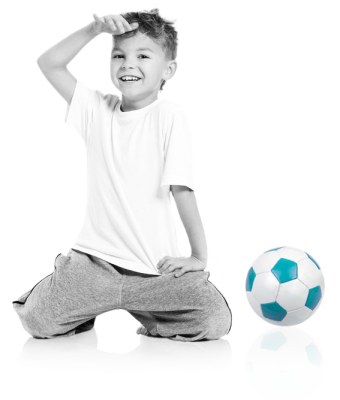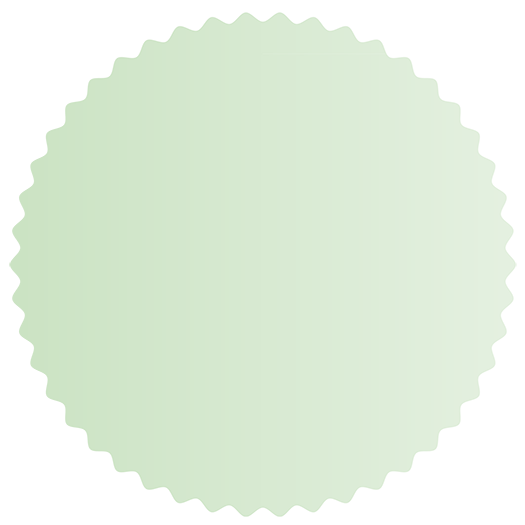

Babies
Babies go through important motor development milestones in their first year of life, such as rolling, crawling or grabbing an object. They also develop their senses. Sometimes extra attention or practice is required.
The signs
can be:
- preferred position
- asymmetric and/or flattened head
- torticollis
- low muscle tone or overarching
- restless baby – colic – sleep problems
- delayed motor development
- neurological disorders and syndromes
- infants born premature(premature of dysmature)
- severe paresis due to childbirth
- orthopedic complaints
The treatments
are aimed at:
- Encouraging and stimulating normal motor and sensory development.
- Advising parents on posture and handling of their infant as well as interaction and play.

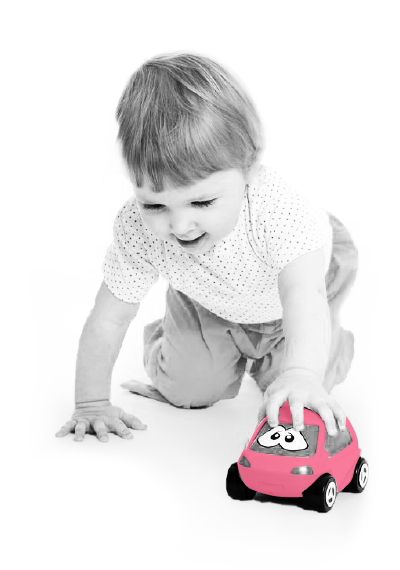
Toddlers & Preschoolers
Toddlers and preschoolers discover the world. They learn to run, jump, clamber & climb, but also to feel and learn arts & crafts. Some children benefit from some additional help developing these skills.
The signs
can be:
- delayed motor development
- congenital disorders
- irregular positioning of the feet – legs – walking pattern
- clumsiness, stumbling/falling a lot
- low or high muscle tone
- delay in preschool skills / fine motor skills such as cutting-drawing-crafts
- orthopedic abnormalities
- neurological problems
- condition after fractures and immobilisation (cast/tape)
- bladder and/or bowel issues
- hypermobility / restlessness
- pain with movement
The treatments
are aimed at:
- Encouraging and stimulating normal motor and sensory development.
- Advising parents on practices and play to encourage development.

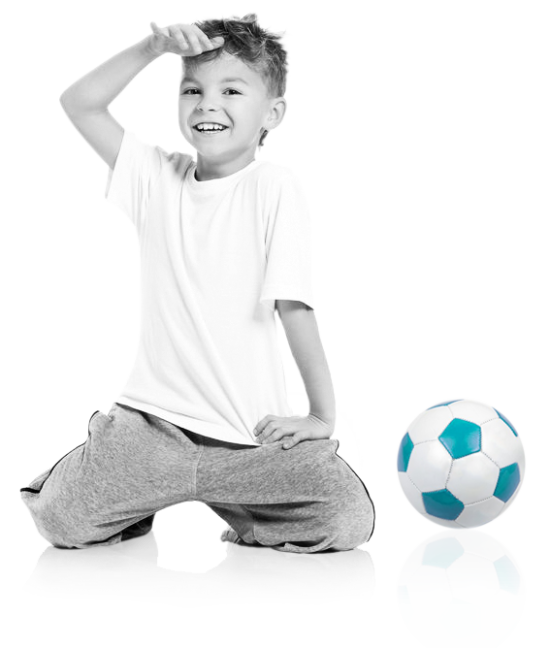
School Age Children
Movement impairments in children can have a major impact on a child’s wellbeing and functioning in a group. In this age group (4-12 years) motor skills become increasingly challenging. Children learn to ride a bicycle, swim, write and take up more sports. These are all complex skills to learn and can be challenging for children.
The signs
can be:
- motor skills lagging behind peers
- irregular walking pattern
- sport injuries
- difficulties with writing skills
- bladder and/or bowel problems
- pain when moving
- headaches
- problems with processing stimuli
- postural abnormalities such as scoliosis
- orthopedic complaints
- neurological problems
- fitness training for obesity
- respiratory problems such as asthma and hyperventilation
- issues with posture
The treatments
are aimed at:
The treatment focuses on exercising and developing motor skills, which helps boost their self-confidence. The aim is for the child to function better in their physical and social environment. Tips and advice on sports, games and exercises can also be provided.
Feel free to contact us
Call us on +31 (0)20 66 272 44 or send us an email to: info@kftamsterdam.nl
Alternatively fill in the form below to get in touch.

